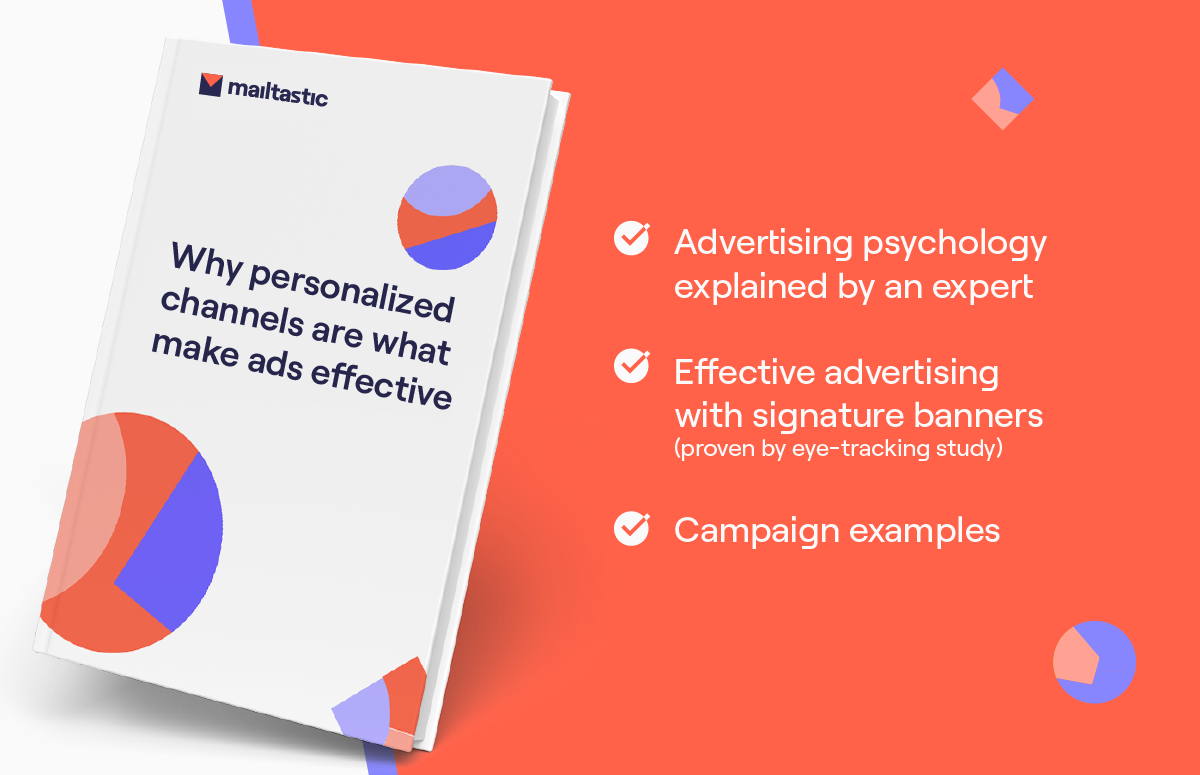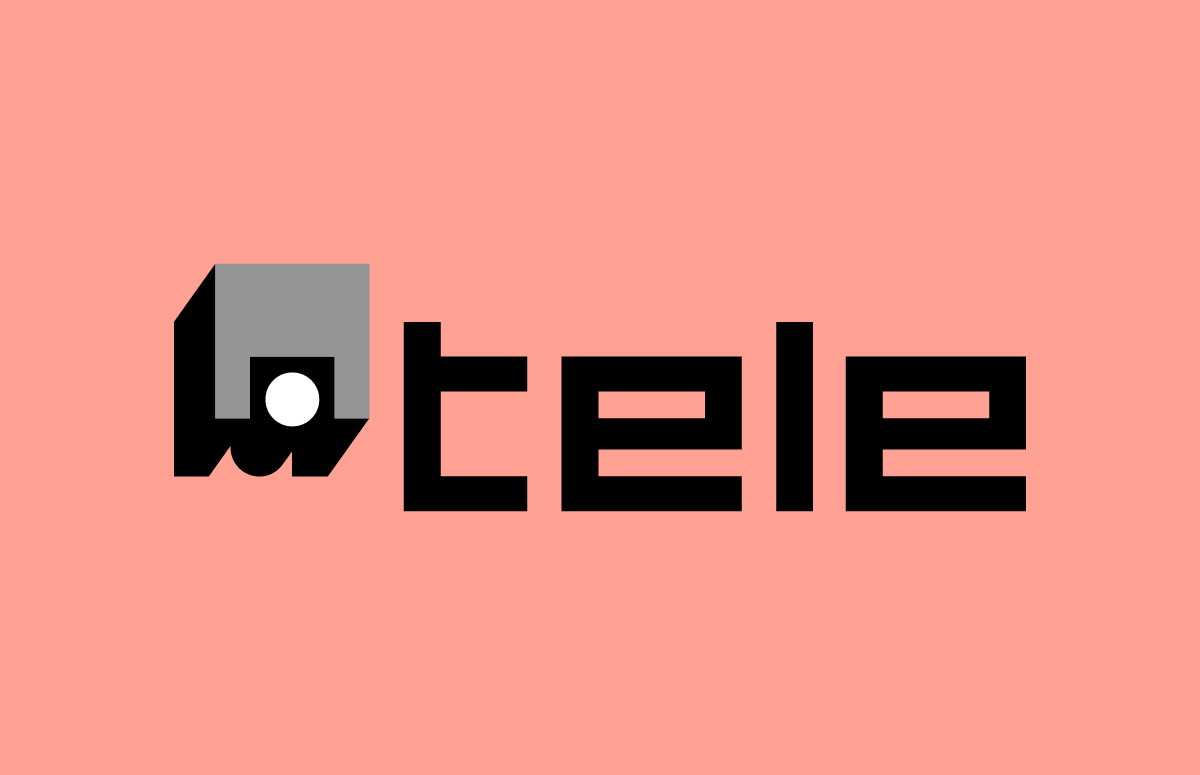Episode one recap: Marketing Rebels – The eBook is dead
During the Marketing Rebels series, we'll be interviewing B2B leaders who are tearing up traditional marketing playbooks. Best of all, they'll be discussing actionable, real-world insights you can steal for yourself.
The eBook is dead.
...Or is it?
In the first episode of Marketing Rebels, Cognism CMO, Alice de Courcy and Refine Labs CEO, Chris Walker, locked horns in a battle for the ages.
See the key takeaways below. Then choose your fighter
Key takeaways
The eBook is dead
- Chris firmly believes the eBook is dead. That’s because it’s used by marketers as a lead magnet tool. But he doesn’t believe downloading one equates to someone being a lead. Or even remotely interested in your product.
- Instead, he’d prefer to use other channels including LinkedIn and podcast content to drive inbound leads. This is a key part of how he gets to high intent prospects, before converting them.
- He also believes that eBooks take too much time to create and don’t provide enough value. That’s why he’s strongly against marketers celebrating metrics for metrics sake, like content downloads.
- In terms of metrics, he thinks there should be a mindset shift away from volume and towards value. That’s why he doesn’t report on things like web traffic, but he does report on revenue through an inbound sales conversion.
Long live the eBook
- Alice doesn’t think it’s as simple as that. She successfully uses eBooks as a lead magnet by targeting keywords and mapping out eBook chapters in advance. Her team then produces individual blogs which build SEO juice and are amalgamated at the end of a keyword project to form the eBook. This means eBooks tie up Cognism’s content efforts, rather than forming the sole purpose of them.
- Cognism also has a dedicated role called the Marketing Development Representative (MDR) whose sole purpose is to take eBook contacts from download to Sales Qualified Opportunity (SQO). This helps decide the intent of the reader and take the right prospects through the pipeline.
- But Alice agrees that measuring eBooks on content downloads is wrong. This is reflected by how the Cognism measures their marketing team’s success. Instead of targets being solely focused on lead generation, they’re revenue driven.
For a deeper dive into some of these points, carrying on scrolling...
What's the purpose of the eBook?
Chris’s main issue with eBooks is what they’re used for, rather than the format itself. As he explains:
“The thing that I’m against is the intent of the common execution of the eBook. If you’re building an eBook with the core objective of driving a thousand leads so you can cold call them, I think that’s wrong. And I know the business results aren’t there.
“Especially if you’re spending money to drive people to download the eBook itself. A lot of people are spending $50 a download on LinkedIn and very few of them close. Basically you just annoy your potential customers.
“If you switched up your intent and your measurement of the eBook download, then fine, put out the eBook. If you measure it against leads, oftentimes you do the wrong things.”
But Alice believes using the eBook like this has value.
“The way that I approach the eBook and content more broadly is as a lead magnet. There’s a good use case for it. I just think you have to go about it smartly. So how we’d run any content magnet at Cognism is to start with an SEO play.
“We sit down and make a content plan for the year and decide on our keyword strategy. We map out all the pillars within that and they essentially make up the chapters of the end result which will become eBook. We also host that on an SEO page ungated. And we’ll produce the content throughout that six month period.
“That’s building our SEO equity all along the way until we get to the end result. We’ll also produce gated infographics, mini guides and more along the way, so we’re not waiting a whole six months to then have a huge release.
“We get SEO juice, a consistent stream of leads and we get something big at the end of it that we can chop and change into lots of different content formats including video and research reports. And every time we’ve tried this approach we have achieved our page one Google ranking for that target keyword.
“So for me, it’s a mechanism to tie up lot’s of different marketing activities that can generate results. But again we have a dedicated sales role called a Marketing Development Representative (MDR). These guys are commissioned on the conversions from marketing content download to Sales Qualified Opportunity (SQO).
“We now have a model that’s all backwards-worked, so we know how many SQOs we’ll need from one MDR if we’re going to spend X amount of money to generate X amount of leads in a month. We need five deals a month to make that ROI positive and have a cost-per-acquisition (CPA) we can deal with which has given us huge predictability in our model.”
Is social more effective than SEO?
Chris questions marketers’ tendency to pump too many resources into SEO. And if eBooks are an SEO piece, he wonders whether other tactics could reap greater rewards.
“Social drives results faster if you do it well. I think you can do social and SEO together but I haven’t focused on SEO since 2014. I can cover high buying intent keywords with positive ROI through Google AdWords and so that’s what I’m going to focus on.
“I’m going to crush social which is going to drive branded and non-branded traffic which I have covered in Google. At some point we might develop an SEO strategy once we’re really moving, but I think companies spend so much time and resources on SEO that they don’t do a lot of the other things well.
“I think it’s a mindset shift and a prioritisation shift for companies. Companies love to run SEO to eBook projects because they can measure it. But if you pushed eBook content out to everyone on social, how many more results could you drive?
“I consider SEO a distribution channel just like social, email and anything like that and SEO is a reactive channel. Somebody needs to go there and do something first and I’d much prefer to go out and get them and be proactive with the information I’m trying to deliver which drives more people into buying decisions.”
Should eBooks be a content priority?
Chris also feels that content creators pump far too much time into eBook creation. He believes that instead, they should focus on improving performance across a range of channels.
“[You can start thinking about eBooks] once you’re pumping out content every day on LinkedIn. Once you have a podcast with 1,000 subscribers. Once you have AdWords working well. Once you have a paid short-form content that’s running on Facebook and LinkedIn and drives business results. Once you have your website 100% optimised. Once you have your lead hand-off process perfectly set up.
“There are so many other things that marketers should be doing before they build eBooks because it takes a tonne of time and it’s hard for people to consume. It’s also hard for you as a marketer to get someone to read all ten pages of an eBook.
“I know very few people who track anything besides the download. So you’ve got someone’s contact details, but go ahead and track consumption. Go ahead and look at how many people who downloaded it actually open it. Look at how much they spend reading it if they open it. When you look at [these metrics] and consider you’re spending money to drive people to the eBook [the pay-offs are poor]. I know about 10% of people who download it will actually open it.”
And although Alice doesn’t think the eBook is the issue, she finds some common ground with Chris on the time marketers spend to produce them.
“Because of my background in scale-ups and startups, I couldn’t agree more that putting a content writer on an eBook project for six months is a bad idea. Especially when you’re not going to see any value from it until the end of that six months. And at that point you don’t even know if people are still interested in the topic.”
What metrics should marketers focus on?
Chris reckons a mindset shift in marketing is needed if it truly wants to demonstrate value.
“In terms of the metrics we care about, it’s revenue through an inbound sales conversion. Things like demo requests and live chats. That's the key metric. The second one next to that is the Customer Acquisition Cost (CAC) of those conversions and then backing into that cost per SQO and cost per demo request.
“Beyond that, we use all the other marketing metrics and we track them to make marketing decisions. But I’m not reporting on website visits to the board, nor am I reporting it to the people we work with because I just don’t think it’s important.
“A 100,000 website visitors mean nothing if all of them are irrelevant. The volume metric on its own doesn’t matter. Also people love to think about conversion rate. Like if you have 10,000 people on your site and a 2% conversion rate, people seem to think when you go to 100,000 through paid channels then it’s going to be the same. But it’s just not true.
“We typically get fewer customer leads and our cost per lead is higher, but the conversion rates through the funnel are so much better that our customer acquisition cost is lower.”
Like what you see? Then don’t miss out on the rest of the series


